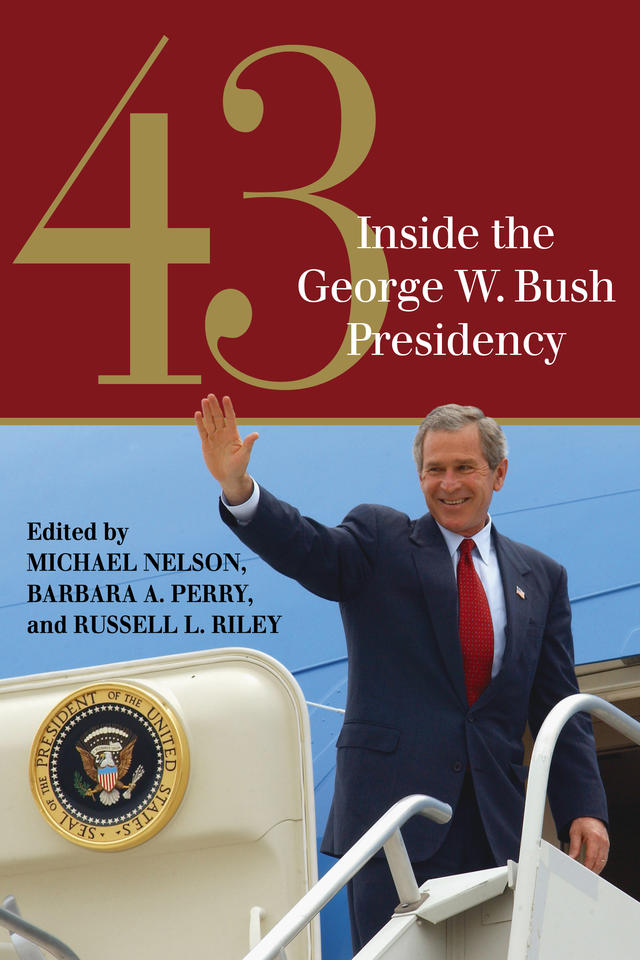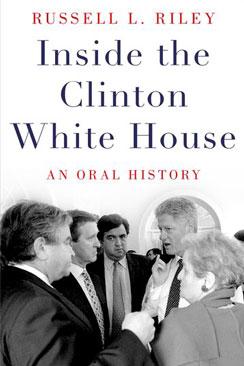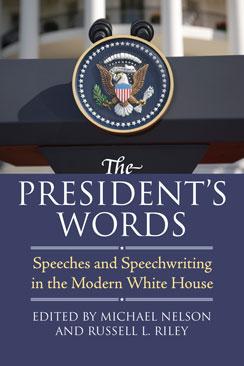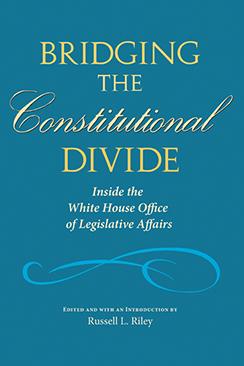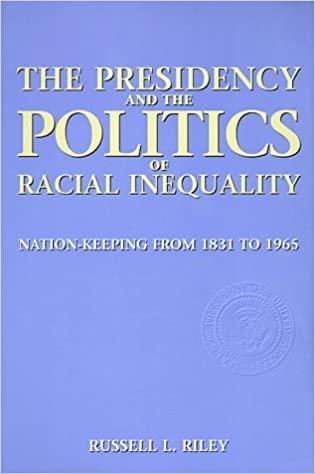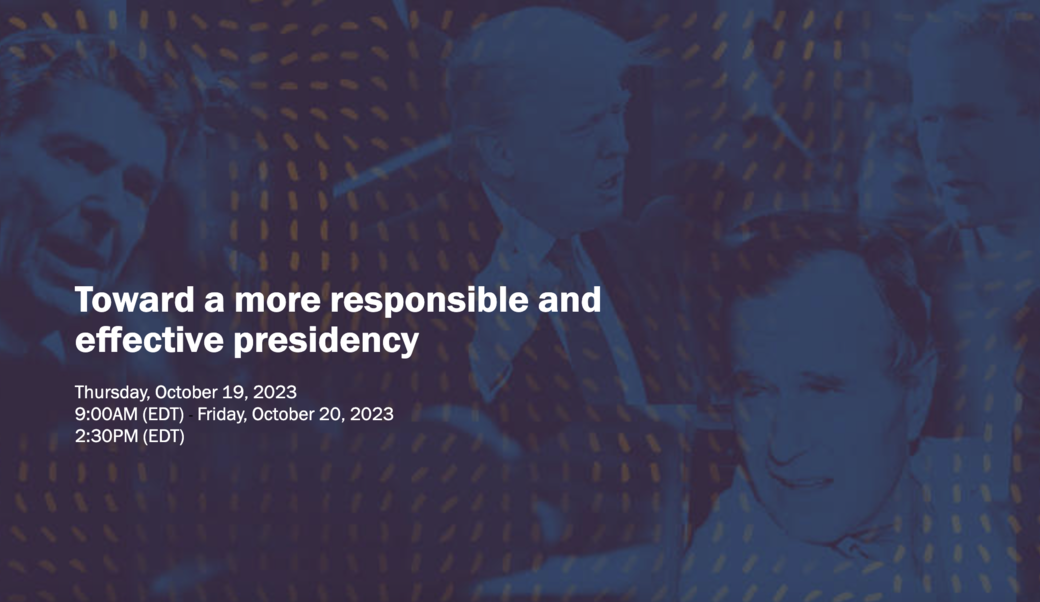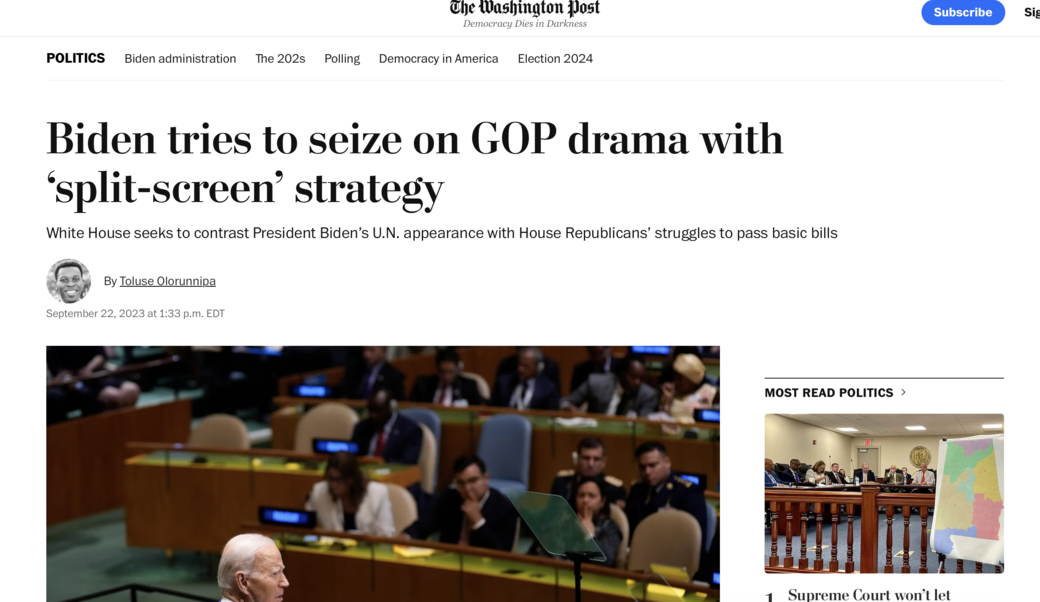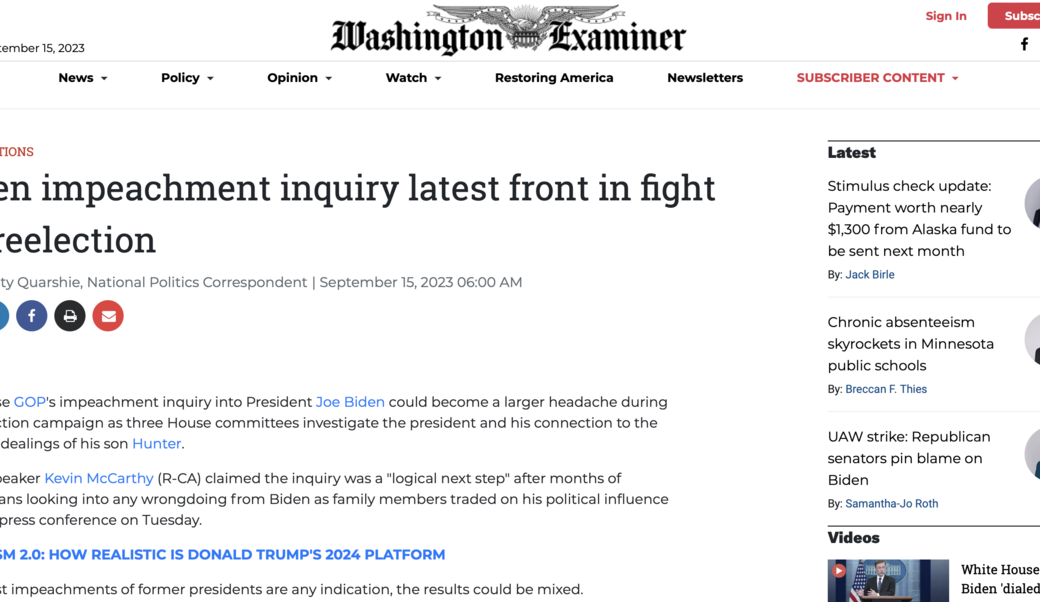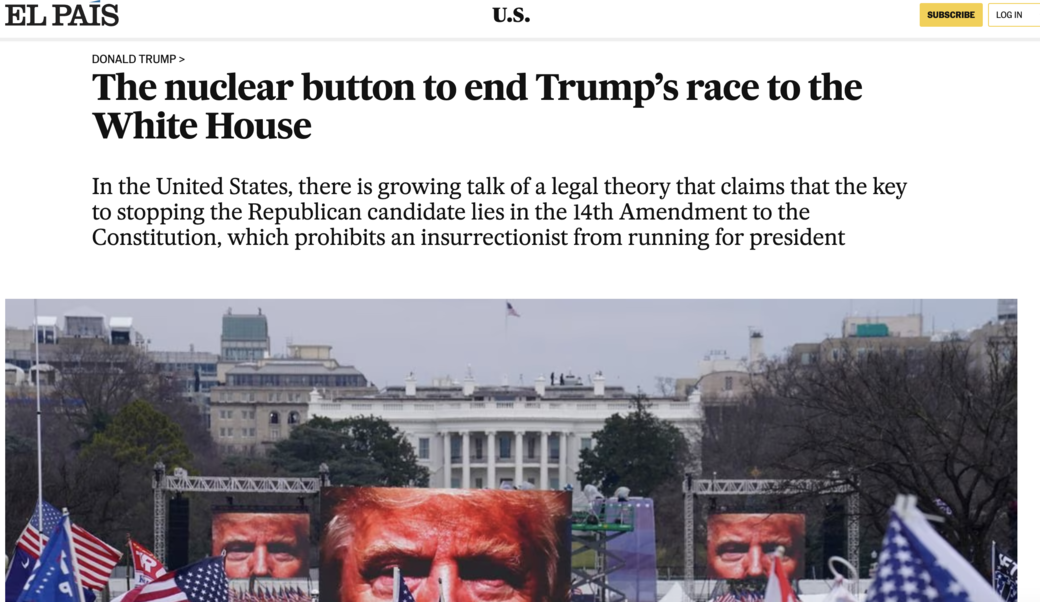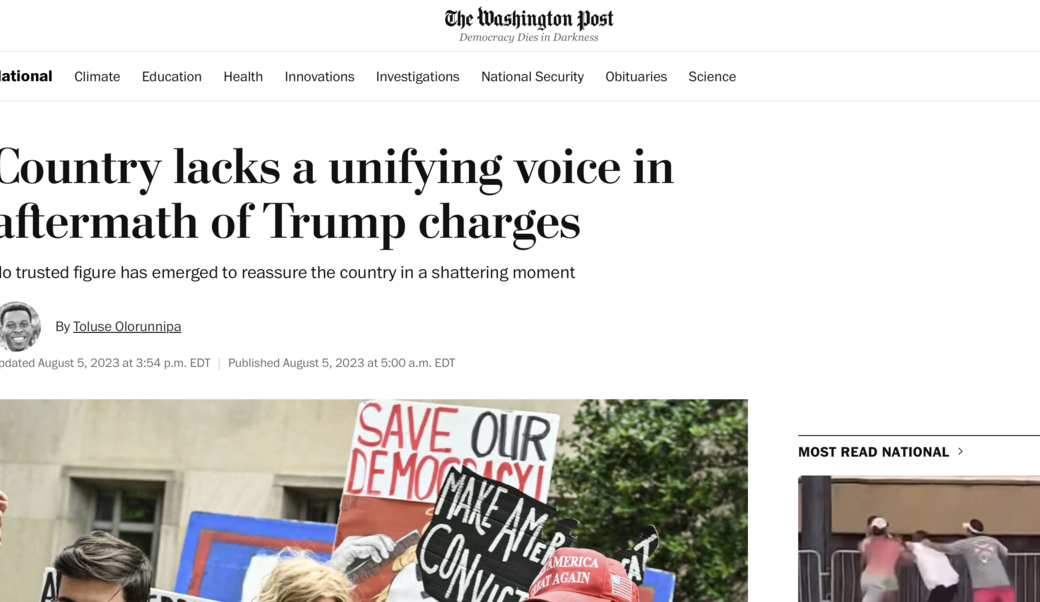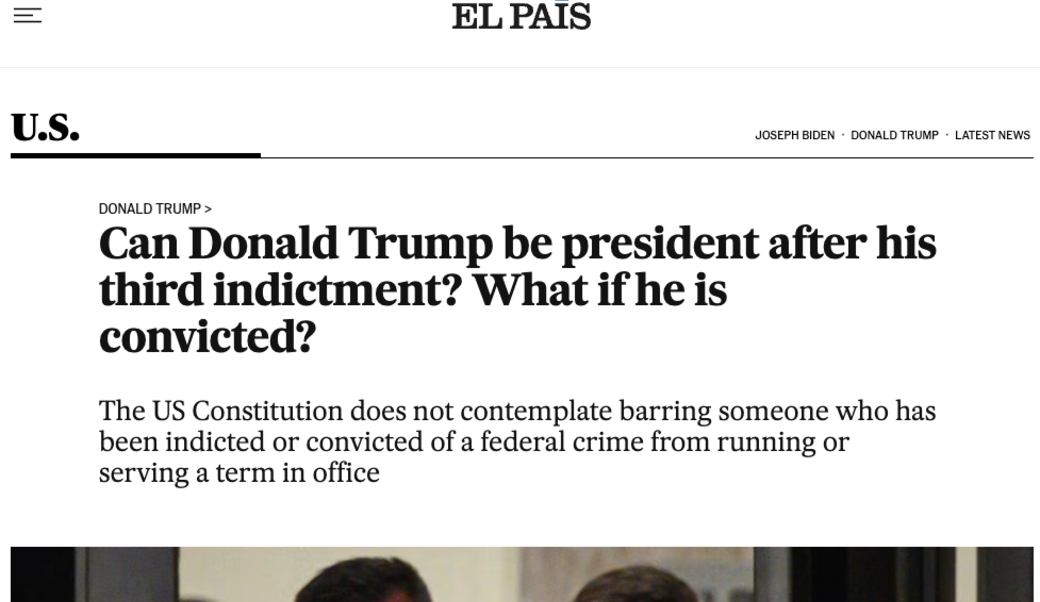Russell Riley
Russell Riley
Fast Facts
- Author of Inside the Clinton White House: An Oral History
- Authority on elite oral history methods
- Expertise on Jimmy Carter, Ronald Reagan, George H.W. Bush, Bill Clinton, George W. Bush, Hillary Clinton
Areas Of Expertise
- Leadership
- Political Parties and Movements
- Politics
- The Presidency
Professor Russell Riley, co-chair of the Miller Center’s Presidential Oral History Program, is the White Burkett Miller Center Professor of Ethics and Institutions. He is one of the nation’s foremost authorities on elite oral history interviewing and the contemporary presidency. He has logged more than 1,500 hours of confidential interviews with senior members of the White House staff, cabinet officers, and foreign leaders back to the days of the Carter and Reagan Administrations. Since 2003, he has led both the William J. Clinton Presidential History Project and the George W. Bush Presidential Oral History Project. He has lectured extensively on American politics and oral history methods across the United States, as well as in China, Mexico, the United Kingdom, Germany, Italy, Austria, Spain, Ireland, and the Netherlands, and by videoconference (for the US Department of State) at Al Quds and Najah Universities in the West Bank.
In 2003, Riley led the Center’s biographical oral history of Washington lawyer Lloyd N. Cutler. He organized and directed, also in 2003, a symposium of former leaders of the White House Congressional Affairs operation, and he helped to organize and carry out, in 2008, a symposium of former White House speechwriters, which was nationally televised on C-SPAN.
Riley graduated from Auburn University in 1983, where he received the Charles P. Anson Award as outstanding student of economics. He subsequently studied at Harvard’s Kennedy School of Government and then received his PhD from the University of Virginia, where he was a research assistant to James Sterling Young at the Miller Center. He subsequently taught at the University of Pennsylvania and Georgetown. He helped found Penn’s Washington Semester Program and from 1994 to 1998 was its resident director and a lecturer in American politics. From 1998 to 2000, he was a program director with the Salzburg Seminar in American Studies in Austria, where he organized week-long sessions on topics ranging from racial politics to the evolution of transatlantic relations in the post-Cold War world. He returned to the Miller Center in January 2001.
He has authored or edited six books, including Inside the Clinton White House: An Oral History (Oxford, 2016); Bridging the Constitutional Divide: Inside the White House Office of Legislative Affairs (Texas A&M, 2010); and The Presidency and the Politics of Racial Inequality: Nation-keeping from 1861 to 1965 (Columbia, 1999). The last of those was a finalist for that year’s Neustadt Award as the best book on the presidency. His commentary on American politics has also appeared in The Washington Post, Politico, The Atlantic, The Wall Street Journal, and TIME.
